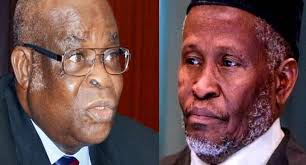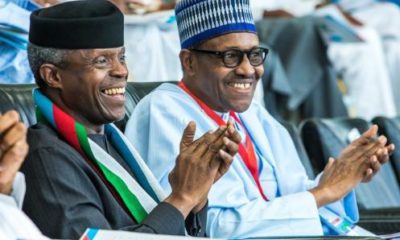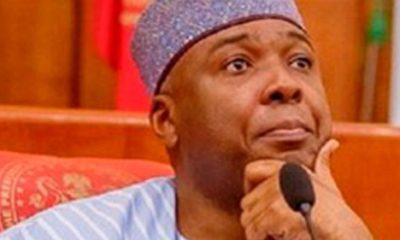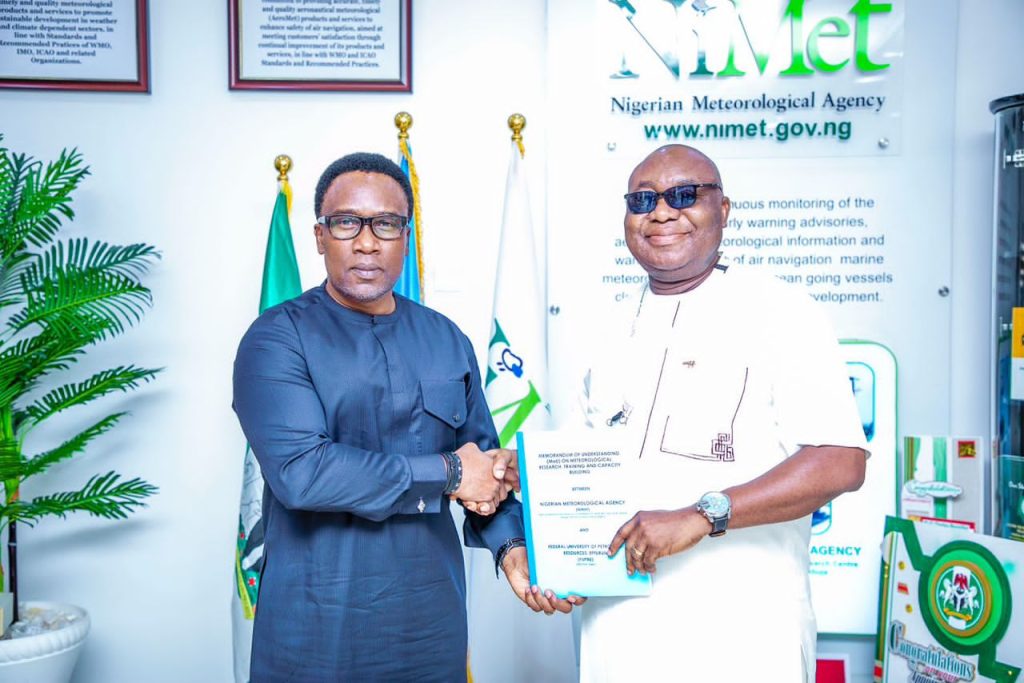Lukman Amusa
The Nigerian Senate has formally declared open the public hearing on vote-buying and improving electoral processes in the country.
This was contained in a tweet on the verified Twitter handle of the Nigerian Senate.
Earlier, Senate President Bukola Saraki had welcomed the National Assembly Joint Committee on INEC to the one-day event, even as the Chairman, Senate Committee on INEC, Senator Suleiman Nazif, led the opening prayer and welcomed the Bukola Saraki, House Speaker Yakub Dogara, senators and honourable members.
Nazif, in his welcome address, said the National Assembly amended the Act, noting, “Any person who processes fake voters card or violates the rules and regulation is liable to five-year imprisonment.”
“It is not only the responsibility of the legislators, but the Executive, Police, Armed Forces and other agencies are to ensure credible elections,” Nazif said.
In his welcome address, Dogara said, “I am delighted to address you on this public hearing. This is one of the important issues of the moment that needs to be addressed before the 2019 general elections.”
“For election to be qualified under a democratic government, it must be free, fair and credible.
“The recent phenomenal and direct buying of votes is very disheartening. As citizens, we must not surrender to this criminality.
“Vote-buying and other criminal electoral process have left our citizen in disaster because they are ruled by fear, rather than challenging them.
“The purpose of this public hearing is to enable all of us to interrogate the issue and proffer solutions in order to ensure that every vote counts.
“I call on all Nigerians to rise and condemn all practices of vote-buying, as it is the worst form of corruption and should be treated as such,” Dogara said.
Saraki noted that the purpose of the public hearing was to “put heads together” over an issue that is pivotal to the successful conduct of the 2019 General Elections.
He said, “The period we are in now puts Nigeria in a delicate situation where Africa and the entire world are looking forward to what happens in our coming elections.
“This is understandable, when you consider that our President is the Chairman of ECOWAS.
“Moreover, the Chairman of our INEC is the head of Electoral Commissions in West Africa. With these regional leadership roles, it is clear that we cannot afford to conduct an election that will not be seen as credible, peaceful, free and fair.”
He recalled that in 2015, Nigeria “set an enviable standard that encouraged more countries in Africa to democratise;” warning that, for the 2019 elections, “we cannot lower the standard. Quite clearly, there should be positive progression.”
“We must up the ante, therefore, because whatever we do will have impact on the continent and serve as a representation of Africa on the global stage,” the Senate President said.
Continuing, Saraki said, “That is why I enjoin the leadership of both chambers of National Assembly to come together and review all issues concerning the 2019 elections dispassionately and with patriotism.
“Vote-buying and election rigging, by whatever means, remains one of the contemporary challenges that mar our electoral process.
“We must deal with these ills in such a manner that does not detract from the credibility and legitimacy of the 2019 elections.
“Permit me to observe, at this point, that our primary concern should be to entrench global best practices in our electoral process, ensuring that these are backed by legislations to make them sustainable and permanent.
“For example, the use of Incident Form to bypass the lawful process of accreditation and voting is not good for our country. We must do away with it.
“This is one of those issues concerning which, whether or not there is a law, all of us as stakeholders should come to agreement and address the anomaly.
“At the very least, it is one minimum condition that we must meet as we move towards 2019.”
Saraki enjoined all stakeholders to “demonstrate the fact that a credible and transparent election is far better and more important than who wins that election.”
“We cannot afford to send the wrong signals with our action or inaction as we prepare for the next elections.
“The world should be able to take positive cues from us that we are ready to improve on our process and make our electoral process that much more transparent and credible.
“This is because perception matters, as you all know. Perception is, in fact, reality.”
He challenged the Independent National Electoral Commission to demonstrate its independence by being pro-active and taking bold decisions.
“This is necessary because the responsibility to conduct a credible poll is solely that of the Commission. This is elemental to retaining the confidence of the electorate.
“All of us who are gathered here have the responsibility to contribute ideas based on our experiences and insights on how to cure the ills of vote-buying, subverting the popular will and delegitimising the outcome of our elections.”
Taking a swipe at the alleged questionable involvement of security agents in elections, Saraki said the nation needed to make suggestions on how to curb the unlawful interference by security agents in the voting process.
“It is all too clear that security agents are beginning to emerge as major clogs in the election process.
“Reports of collusion with political actors to disenfranchise voters is very worrying indeed,” he submitted.
The Senate President also warned against what he called “militarisation of elections,” saying, “We cannot, under any circumstances, militarise elections, because that defeats the purpose of free, fair and credible polls.
“In an election, access to the polling unit for the purpose of casting one’s vote is the bare minimum.
“Once a voter is denied the opportunity to vote through bullying, intimidation and other forms of harassment, then vote rigging and electoral malpractice have free reign.”
Noting that the security agencies that work for INEC are the ones charged by the constitution to conduct election, Saraki called on INEC to set the rules for the engagement of security agencies during elections, which they must follow.
“The Commission should further seek the co-operation of the respective security agencies to ensure strict compliance.
“It is that way that Nigerians can trust the process, and it will be clear to all that the right steps have been taken with regard to the involvement of security agents,” he said.
He expressed the desire to see more issues and suggestions being raised by participants at the public hearing, saying, “it is my hope that at the end of these proceedings, this public hearing will make tremendous impact on how the 2019 polls will be conducted and the expected successful outcome.”
He then formally declared open the public hearing.
Meanwhile, Hon. Aishatu Jibril Dukku, in her vote of thanks, noted that vote buying was a national issue that must be tackled, suggesting that mobile phones be banned at polling zones.
“It is recommended that voters should drop their phones and cameras at home, just like they do in JAMB and other examinations.
“INEC should arrest anyone trying to buy or sell vote,” Aishatu Jibril Dukku suggested.
;box-sizing: inherit;touch-action: manipulation; display:flex;align-items: center;border-radius: 40px;justify-content: center; box-sizing: inherit;touch-action: manipulation’ class=” wp-image-79968″ v:shapes=”_x0000_i1025″>37

 News5 years ago
News5 years ago
 News5 years ago
News5 years ago
 News5 years ago
News5 years ago
 News5 years ago
News5 years ago
 Politics5 years ago
Politics5 years ago
 Politics5 years ago
Politics5 years ago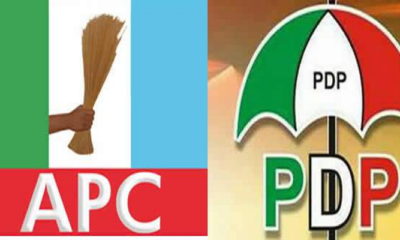
 Politics5 years ago
Politics5 years ago






